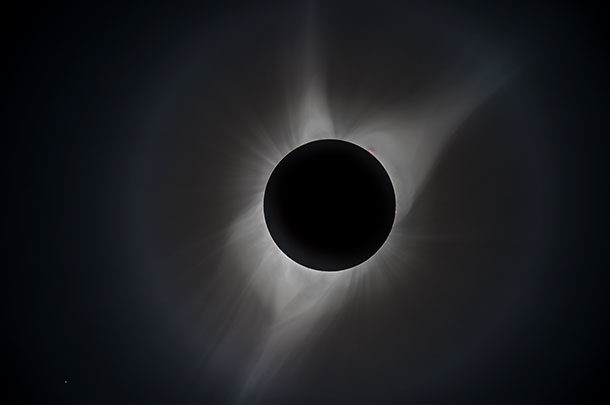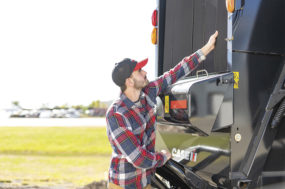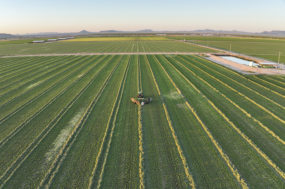My friends who only saw the partial eclipse don’t quite understand why I use words like “spiritual,” “eerie” or “breathtaking.” Even those words don’t convey the depth of what those two minutes felt like. It brought me closer to the natural world more than any experience I can recall.
As farmers, we are indelibly tied to nature. The sun and the soil, the rain and the rhythm of the earth play a part in our eventual success or failure. Every year we gamble on nature – praying that the “stars align” in our favor. Our lives revolve around the seasons like the moon revolves around the earth. And with the end of a season, a revolution gives us a “harvest moon” to collect our crops and complete the cycle.
It is no wonder that the ancient agrarian societies revered a solar eclipse. It was an interruption to a cycle by which they lived their lives. They did not need a clock to tell the time or a calendar to recognize a changing season. These inventions only arrived as people drifted away from nature, into towns and cities.
As the modern equivalence of those ancients, we too have drifted away from that almost spiritual connection to the earth. Agriculture contraptions, like the sprinkler, mean we don’t need to rely on appropriately timed rain. Chemical fertilizers and soil correctors allow us to grow almost any crop anywhere. A cabbed tractor means we don’t even need to “get our hands dirty” when plowing. And, the most modern of technologies, a hay steamer will put an end to haying in the early hours of the morn. No need to “check the dew.”
On top of these, there are countless other inventions that lessen our reliance on the natural world as farmers. Now, don’t get me wrong. I appreciate all of these luxuries and have no desire to eke a living off the land. But the tide of progress is a continual departure from the original creation. So, when I have an opportunity to view one of nature’s most spectacular displays, you bet I found a way to be there.
For me, viewing the Aug. 21 eclipse in totality was not as difficult as I imagined it would be. The news reports made me believe I would be wading through stop-and-go traffic for hours to get to rural western Idaho. That wasn’t the case. I arrived at my parent’s farm the night before with time to spare.
That next morning as we wound our way though the foothills in Payette County to reach our spring grazing ground – our chosen eclipse viewing site – I waved at a Mennonite family who was preparing for their own viewing site. Their presence brought these recollections to mind, that departure modern agriculturists have made from nature. But as I stood on those rolling hills in the middle of cattle country with light from the sun on the horizon all around me but the darkness of the eclipse in front of me, I felt my return to nature. ![]()
Erica Louder is a freelancer based in Idaho.
PHOTO: Photo provided by Thinkstock.












